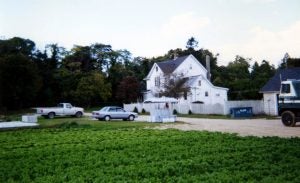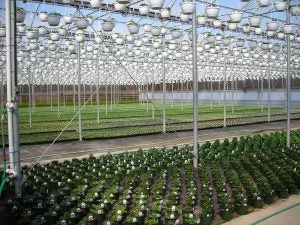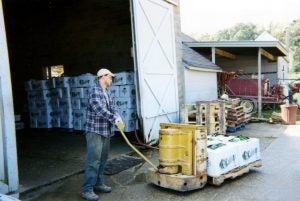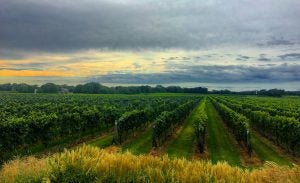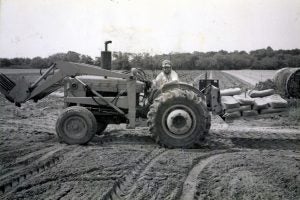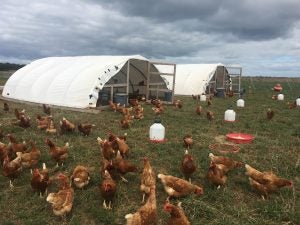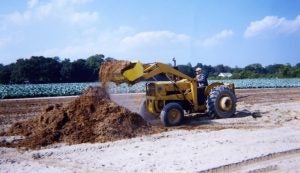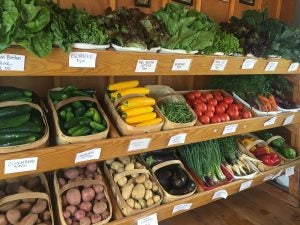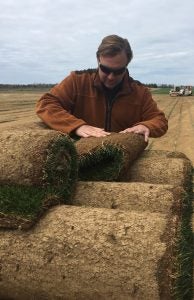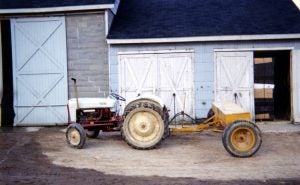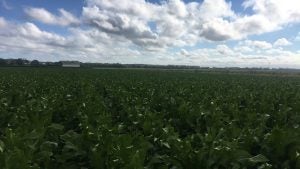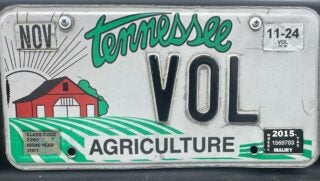To my knowledge, I was the only farmboy in my high school graduating class. In most circles this isn’t considered unusual. Except that I’m a farmboy from Long Island, New York. Yes that Long Island, hotbed of culture, cuisine, and the illustrious Hamptons. A few of us holdouts still like to avoid morning rush hour and to “commute” down the driveway to work. My office-inspired cubicle happens to be a tractor cab.
Not far removed from New York City, farming has been a staple for hundreds of years — yet I get a double take whenever I mention this little tidbit. Long Island plus farming? See dictionary listing under oxymoron. Most picture anything east of Queens as a glorified extension of New York City. In the public’s view, we’re an honorary 6th borough. While we’re flattered at this attempt to annex us, we’re busy providing for your needs in the grocery aisle — 30,000 acres strong. And despite the pressures of urban development, we’re still a breadbasket for the tri-state area and beyond.
That’s not to say that we don’t have fond memories of the past, when Long Island enjoyed national prestige. Anyone remember the Long Island Potatoes marketing slogan? That was our franchise, until Idaho stole our thunder! Ducks have now been reduced to the namesake of a minor league baseball team. I wonder if the locals know that it references a once thriving industry?
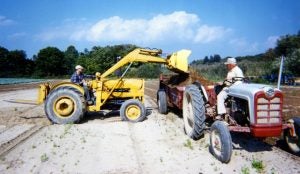
It’s unfortunate that the past is now reduced to trivia. Like any industry, we’ve seen changes over time — or try upendings! Farmers have had to be entrepreneurial and nimble out of necessity. Vegetable farms have given way to sod farms, which in turn have yielded to greenhouses. Economists would matter-of-factly call it “the order of things.” There’s something to be said about a culture that’s willing to pay more for a potted plant than a 50-pound bag of corn. Is that a measure of societal progress? Hard to say. Despite the ups and downs, my family has been fortunate to stay in the vegetable business.
So what special considerations do urban edge farmers contend with, compared to a megafarm in the Midwest or a homely farm in the country? Plenty. The upstaters jokingly call us the country club. But they know it’s no gravy train being surrounded by a sea of pavement and strip malls. When it comes to unsympathetic neighbors, militant environmentalists, and unresponsive government, look us up. We’d be happy to meet with you at the 19th hole and compare notes.
It’s definitely a daunting existence. No one would ever typecast me as a farmer in this urban jungle. Maybe I don’t have the expected mannerisms or look the part. The connotation of farmer does conjure up a host of unflattering stereotypes. Ever see the painting “American Gothic”? Think that to the nth degree. Instead, how about college educated with cotton khakis, Gore-Tex boots, and a short sleeved T-shirt?
Admittedly, farming wasn’t a vocation that I always fancied. At first I thought it would be a temporary gig, just long enough to meet the material needs of an adolescent boy: video games, a TV, and a thunderous stereo system. Turns out, it’s a lifestyle — and a seductively fulfilling one at that. It was also a coming of age experience for many friends. Surviving the summer was a milestone. It was boot camp, and rate of attrition reflected it wholesale.
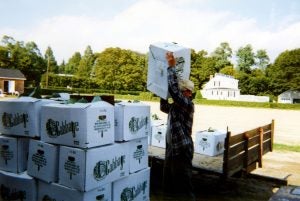
Despite being a plant M.D. at Ferrum College in Virginia, I take a “sabbatical” and return to the homestead every summer. After doing the math, I calculate no less than a 70 percent pay cut for my trouble. A nearly 40 year old man willingly doing manual labor? You must be a masochist! Perhaps. Or maybe I need it as an annual rite of renewal — a honeymoon from the very different rigors of academia. I come back to the college campus refreshed and invigorated.
Just another day on the urban edge. I’m grateful that I can still moonlight as a farmer. No desk job can ever approximate the spirit: the independence, the camaraderie, the indelible quality of being. In the face of seemingly insurmountable odds, I hope we can retain those amenities for the next generation. Long Island farmers have carved out their own subculture amid the urban jungle, without compromising the rural character that defines the farm lifestyle. Something so thoroughly steeped in my blood deserves to be shared.
LONG ISLAND PHOTO GALLERY
